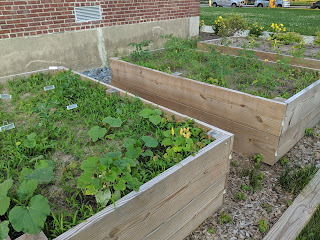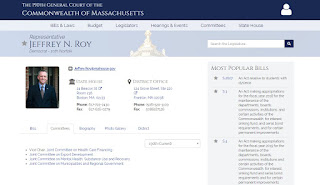This is the 29th in a series of podcasts on what is happening in Franklin, MA. In this session, I talk about how much snow removal we should do and about the teen substance abuse problem that Bill Phillips and his New Beginnings Program addresses.
Time: 9 minutes, 20 seconds
MP3 FileSession Notes
Music intro
My intro
FM #29
This podcast for Franklin Matters is number 29 in the series. In this session, I’ll focus on what you should know about what is happening this week in Franklin, MA.
From the Town Council meeting 1/21/09, there was a very good presentation on the DPW and their snow removal efforts. Robert Cantoreggi, DPW Director was accompanied by Jim Estabrook, Graphical Information Systems Manager, to make the presentation. The video of the Town Council meeting is available on the town website. The presentation itself is also available on Franklin Matters.
You should note that the town website has added a link in the left column to allow you to go directly to the live video feeds and to the video archives. This is a simple navigation aid that will have lasting benefits. Thanks very much for putting this link in place. I have also added a link in the meetings for 2009 section.
In these days of cost cutting, one discussion we should have is how much should we spend on the snow removal? If you travel into some of the upstate Maine, New Hampshire, and Vermont communities, they do not always plow their roads down to the pavement like we do here. There are other examples in state as well as out of state. You can travel on them. It is not a safety issue from a passageway point of view. You would need to travel slower as they remain snow covered and hence would tend to be slippery.
The money for salt and labor is effective only for as a short term benefit. Since a million dollars provides the salary and benefits for about 20 employees in the town. I would rather spend the money to keep people on the payroll rather than toss it away on road salt and snow removal.
What do you think?
Should we continue to pay whatever it takes to plow and sand our roads as we are today or should we consider cutting back, especially to save the money for other priorities? I’d be interested in hearing what you have to say on this.
The Town Council has asked the DPW Director to come back with some alternatives of reducing cost by 10 or 20 percent. Stay tuned into this discussion to see what happens.
A second item from the Town Council meeting will be worth watching, The Police Dept conducted a sting operation with 28 establishments in town that serve liquor and apparently caught two serving minors. I am not a lawyer but based upon what was reported in the Milford Daily News, they may not have a solid case on one of the two establishments. The hearing on the 4th should be interesting.
Let me be clear, the sting was a good thing. We do need to monitor how our teenagers get access to alcohol. The drinking and substance abuse amongst our teens is a problem that needs to be addressed. Bill Phillips has stated that you can get alcohol, drugs and weapons in any high school. In one school, there was a cooler in the student’s vehicle in the school parking lot to serve the beer cold. Bill referenced these and other stories during the
WASTED presentation at Franklin High School in December. If you have not yet listened to that, I do recommend it. It is powerful material.
Bill’s program,
New Beginnings, is in jeopardy. He had been funded by the MA Dept of Public Health. Unfortunately, his grant has been cut in this recent round of state budget cuts. The program has addressed over 200,000 teenagers since it was established in 1985. He currently is providing services to over 150 teenagers.
On the night he presented at Franklin High, he acknowledged receiving 19 emails from Franklin students after talking with them during the assemblies that day. 19 students by 4:00 PM that day had already reached out to Bill for help. How many of those are in jeopardy of losing Bill’s support right now? I don’t know but the odds are that some from Franklin are in the bunch.
I have started to help Bill in raising additional funds for his program. You may have noticed the
Virgin Atlantic contest posting on Franklin Matters. This is just one step in the process of raising awareness for his program. I think his program is effective. I think it is valuable. I think it needs to raise additional funds to keep operating.
If you can help in anyway, I would appreciate it. Making a contribution is one way. You can contribute directly
via his web site.
If you know of any company or foundation that Bill could appeal to for a contribution, please let me know. Or contact Bill directly.
If you would like to help spread the word on keeping the program alive, please let Bill or I know.
And to close this session, let’s look at what is coming up this week: there is a
- Planning Board meeting on Monday
- School Committee meeting on Tuesday
- Financial Planning Committee is scheduled for Thursday
These are the “major” meetings. There are others listed on the Town website calendar.
Check them out.
Keep informed
and stay warm!
----- -----
This podcast has been a public service provided to my fellow citizens of Franklin, MA
For additional information, please visit Franklinmatters.blogspot.com/
If you have questions or comments you can reach me directly at shersteve @ gmail dot com
The musical intro and closing is from the Podsafe Music Network
Jon Schmidt - Powerful Exhilarating Piano Music











